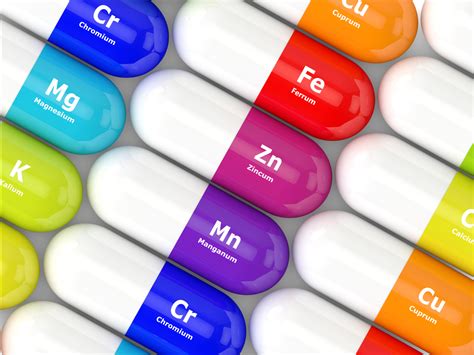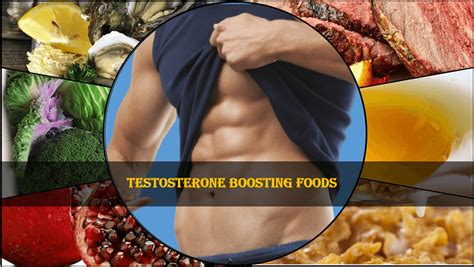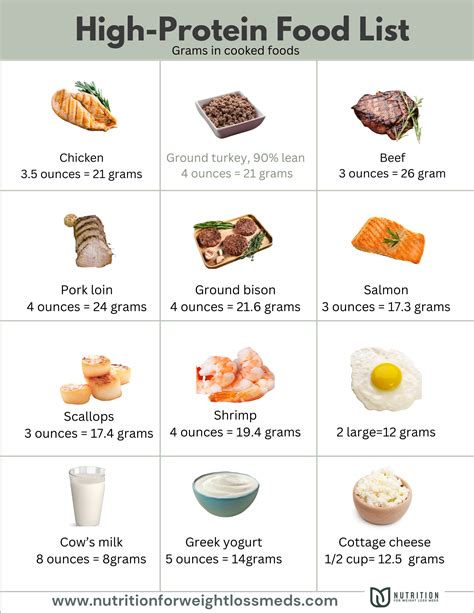What nutrition strategy optimizes testosterone & energy for peak male performance?

Unlocking Peak Male Performance Through Strategic Nutrition
For men striving for peak physical and mental performance, optimizing testosterone levels and sustaining high energy are paramount. While exercise and sleep play crucial roles, the cornerstone of this optimization lies in a well-executed nutrition strategy. It’s not just about eating ‘healthy’; it’s about a targeted approach that fuels hormone production, supports cellular energy, and promotes overall vitality.
This comprehensive guide will explore the nutritional pillars essential for maintaining robust testosterone and unwavering energy, enabling you to achieve your highest potential.
The Foundation: Macronutrient Balance for Hormonal Health
Achieving the right balance of macronutrients – proteins, fats, and carbohydrates – is fundamental. Each plays a distinct role in energy production and hormone synthesis.
- Proteins: Essential for muscle repair, growth, and the synthesis of neurotransmitters and hormones. Aim for high-quality protein sources like lean meats, poultry, fish, eggs, dairy, and plant-based options like legumes and tofu. Distribute protein intake throughout the day to support constant repair and satiety.
- Healthy Fats: Often misunderstood, healthy fats are critical for testosterone production and overall endocrine function. Cholesterol, a precursor to testosterone, is derived from dietary fats. Incorporate monounsaturated and polyunsaturated fats from sources such as avocados, olive oil, nuts, seeds, and fatty fish (salmon, mackerel). Limit trans fats and excessive saturated fats.
- Complex Carbohydrates: Provide the sustained energy needed for physical activity and cognitive function. Unlike simple sugars that lead to energy crashes, complex carbs from whole grains, fruits, and vegetables offer a steady release of glucose. These also replenish glycogen stores and support recovery without negatively impacting hormone balance when consumed appropriately.

Essential Micronutrients for Testosterone and Energy
Beyond macros, a spectrum of vitamins and minerals acts as cofactors in numerous bodily processes, including hormone synthesis and energy metabolism.
- Vitamin D: Often called the ‘sunshine vitamin,’ Vitamin D is a potent steroid hormone precursor and directly impacts testosterone levels. Many men are deficient; consider sun exposure and supplementation.
- Zinc: Crucial for testosterone production and immune function. Oysters are famously rich in zinc, but other good sources include red meat, poultry, beans, nuts, and whole grains.
- Magnesium: Involved in over 300 enzymatic reactions, including those related to energy production and muscle function. It can also help free up active testosterone. Find it in leafy green vegetables, nuts, seeds, legumes, and whole grains.
- B Vitamins: A family of vitamins (B1, B2, B3, B5, B6, B9, B12) vital for energy metabolism, converting food into usable energy. Found in a wide array of foods including meat, eggs, dairy, leafy greens, and fortified cereals.

Foods That Support Testosterone and Sustained Energy
Focusing on a whole-food diet rich in specific items can provide a powerful nutritional edge:
- Fatty Fish (Salmon, Mackerel, Sardines): Rich in Omega-3 fatty acids and Vitamin D, both beneficial for testosterone and overall health.
- Leafy Green Vegetables (Spinach, Kale): Packed with magnesium, vitamins, and phytonutrients that support a healthy hormonal environment.
- Berries and Citrus Fruits: Excellent sources of antioxidants and Vitamin C, which can help reduce oxidative stress and cortisol, indirectly supporting testosterone.
- Eggs: A complete protein source, containing healthy fats, choline, and Vitamin D.
- Nuts and Seeds (Walnuts, Almonds, Chia Seeds): Provide healthy fats, zinc, magnesium, and fiber for sustained energy.
- Ginger and Garlic: Some studies suggest these can support testosterone levels and overall vitality.

The Importance of Hydration and Meal Timing
Don’t underestimate the power of proper hydration. Water is essential for every bodily function, including nutrient transport, waste removal, and maintaining energy levels. Dehydration can lead to fatigue and impair performance. Aim for at least 8-10 glasses of water daily, more if you’re active.
Strategic meal timing can also optimize energy. Consuming balanced meals and snacks every 3-4 hours helps maintain stable blood sugar levels, preventing energy dips and ensuring a consistent supply of nutrients for hormone production and general function. Avoid skipping meals, especially breakfast.

Foods to Limit or Avoid for Optimal Performance
Just as important as what you eat is what you limit or avoid:
- Processed Foods: Often high in unhealthy fats, sugar, and sodium, which can contribute to inflammation, weight gain, and disrupt hormonal balance.
- Excessive Sugar: Leads to insulin spikes and crashes, promoting energy dips and potentially affecting testosterone levels.
- Unhealthy Fats (Trans Fats, Excessive Saturated Fats): Can negatively impact cardiovascular health and hormonal function.
- Excessive Alcohol: Can impair liver function, reduce testosterone, and disrupt sleep, all detrimental to energy and performance.

Conclusion: A Holistic Nutritional Blueprint
Optimizing testosterone and energy for peak male performance is an ongoing journey, and nutrition is a powerful lever. By focusing on a balanced intake of macronutrients, ensuring adequate micronutrient consumption, prioritizing whole, hormone-supportive foods, staying well-hydrated, and being mindful of meal timing and problematic foods, you lay a robust foundation for sustained vitality. Combine these nutritional strategies with consistent exercise and quality sleep, and you create a synergistic effect that propels you towards your highest potential in all aspects of life.









